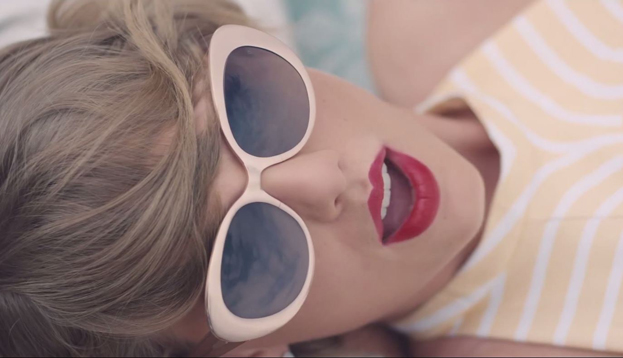Taylor Swift’s recent Spotify snub was huge news. The artist felt that Spotify wasn’t compensating artists enough for their work, which has Spotify reeling with a response that they were on track to pay her $6 million a year. After all, Spotify now controls 7 percent of music industry payouts, a huge portion when you consider other digital music platform competition.
With Swift’s newest release, it appears this was a carefully-timed public move away from the music service to drive Swift’s many, many fans to download and consume her content via her app. Swift clearly isn’t just showing bravado, she’s showing some true marketing genius and entertainment marketers best take notes.
Swift’s app isn’t just a place to consume her branded content, either. It might very well be a glimpse into the future of music videos and a reimagining of the platform. Music videos, what used to be the music industry’s marketing vehicle, now commanding value on their own by amassing huge audiences of their own. At any given moment, music videos are the most-watched content type on YouTube and Taylor Swift has a committed, massive audience who will follow where her content goes.
Partnering with American Express, Taylor Swift’s app is available on iOS and Android and turns her newest music video into a videogame-like experience where users can explore the music video in a deeper and more connective way. The video itself was directed by Joseph Kahn, with a camera that has 6 lenses to record with a full 360 degree experience. Using accelerometers built into smartphones, users can tilt their phones to see different angles of the video (the ceiling if they wanted to) and get a new experience each time, encouraging more and more views. Add to that Swift has hidden within the music video some 40 easter eggs, just like video games do.
“If I had streamed the new album, it’s impossible to try to speculate what would have happened,” said Swift in an interview with Yahoo! Music. “But all I can say is that music is changing so quickly, and the landscape of the music industry itself is changing so quickly, that everything new, like Spotify, all feels to me a bit like a grand experiment. And I’m not willing to contribute my life’s work to an experiment that I don’t feel fairly compensates the writers, producers, artists, and creators of this music. And I just don’t agree with perpetuating the perception that music has no value and should be free.”
While we agree with Swift to that end, the music industry is undergoing some grand experiments at large as well, from rethinking distribution, like with Radiohead’s “pay what you want” method, opening themselves to downloads willy-nilly, to expanding the medium beyond just merely listening to music, but interacting with it as well.

